
Picture by bschwehn
Recently a number of researchers have been asking about ResearchGate and how it relates to BRIAN. In November, Jill Evans from the University of Exeter posted a Review of ResearchGate on their blog, this was a comprehensive review which I would recommend reading. However, here are some of the pros, cons and recommendations tailored to BU.
ResearchGate is a networking site for researchers, particularly those engaged in broadly scientific research.
Pros
ResearchGate is free to join and currently has about 3 million users mainly in the sciences. It offers the following benefits to researchers:
- Sharing publications
- Connecting with colleagues
- Seeking new collaborations
- Obtaining statistics and metrics on use of uploaded publications
- Asking questions of researchers around the world that have the same set of interests
- Job seeking or recruitment
ResearchGate incorporates many elements of familiar social media sites such as Facebook, Twitter and LinkedIn such as creating profiles, liking and following researchers and their publications, ability to comment or send feedback and the ability to share news items and updates easily and quickly.
ResearchGate links researchers around selected topics and specialisations – these can be chosen or edited at any time by members. Members can track and follow the research publications of others in their field.
Members can upload copies of papers (either pre- or post-review) and the associated raw data. All will be searchable. Non-peer-reviewed material can be added only through manual file upload.
Researchers are encouraged not only to upload successful results but also those results from failed projects or experiments – the latter are stored in a separate but searchable area.
ResearchGate finds publications for members from a number of major databases, for example, PubMed, arXiv, IEEE, RePEC and CiteSeer enabling automatic creation of a publications list. Lists can also be created or added to manually or importing from a reference management database such as EndNote. It also appears to trawl University web sites and repositories so that if you have papers in the Bournemouths repository, BURO, it is very easy to create profiles and publication lists. Members will be asked to accept or decline publications (as is the case with BRIAN, for example).
Members are automatically subscribed to a co-author’s feed, so that they can see work from and connect with their co-authors’ co-authors.
ResearchGate offers the ability to search and filter on a variety of topics: author, institution, journal, publication, and so on.
Members can request a copy of a paper from the author if it is not freely available.
Full text publications uploaded to ResearchGate are indexed by Google.
ResearchGate contains useful information about journals, such as impact factors, metrics and some details of open access policy – in this respect it is useful for bringing information together into one place.
Cons
ResearchGate claims to have 3 million users but it is not clear how many of these are active accounts that are maintained and updated regularly.
A quick look of Bournemouth members shows that many profiles contain only a small number of publications and many appear not to have been updated for some time.
Some members have complained about unwanted email spamming. To avoid receiving several emails a day, unwanted updates or followers, be sure to manage your Notifications and Privacy settings both of which can be accessed through Account Settings.
Many of the publications that are available through ResearchGate are actually uploaded illegally in terms of publisher open access policy.
Putting a copy of your paper on ResearchGate will not mean that you are compliant with funder policy. On the contrary, you may be in breach of publisher policy. You will still need to upload a copy of your paper to BURO via BRIAN if you are funded by any of the UK Research Councils, Leverhulme, NIHR and Horizon 2020.
Recommendations
The more effort you put into maintaining and regularly updating your profile, the more you will get out of ResearchGate.
ResearchGate is not a replacement for depositing a copy of your research in BURO. It is recommended that you deposit the legal copy of your paper in BURO via BRIAN and then link to that on networking sites such as ResearchGate.
It is worth noting that when you upload your paper to BURO the Editors (BURO@bournemouth.ac.uk) will check for you that it is a legal copy and will be in touch if there is any reason why the item cannot be hosted in BURO.
The extent to which ResearchGate will be useful to individual researchers depends on the researcher’s aims. If the aim is to promote work then ResearchGate alone will probably not suffice. Consider using ResearchGate in conjunction with other sites such as Academia.edu, Mendeley, Google Scholar or figshare. Activity and membership varies from one site to another and from one discipline to another, so researchers will need to investigate for themselves in order to evaluate potential value.
If you do use a variety of sites, this is where the advantage of having your paper in a single, freely available place, i.e., BURO, will come into play as you can simply link to the paper and know that anyone anywhere can get secure, long-term and free access. There will be no need to undertake multiple publication upload. Please note that all BURO repository content is indexed by Google and Google Scholar and typically appears at or near the top of search results.
The University of Utrecht has produced a very useful guide to increasing the visibility and impact of research and the use of metrics to track impact. Although written for Utrecht researchers, there is a great deal of generic advice that can be applied to any discipline.

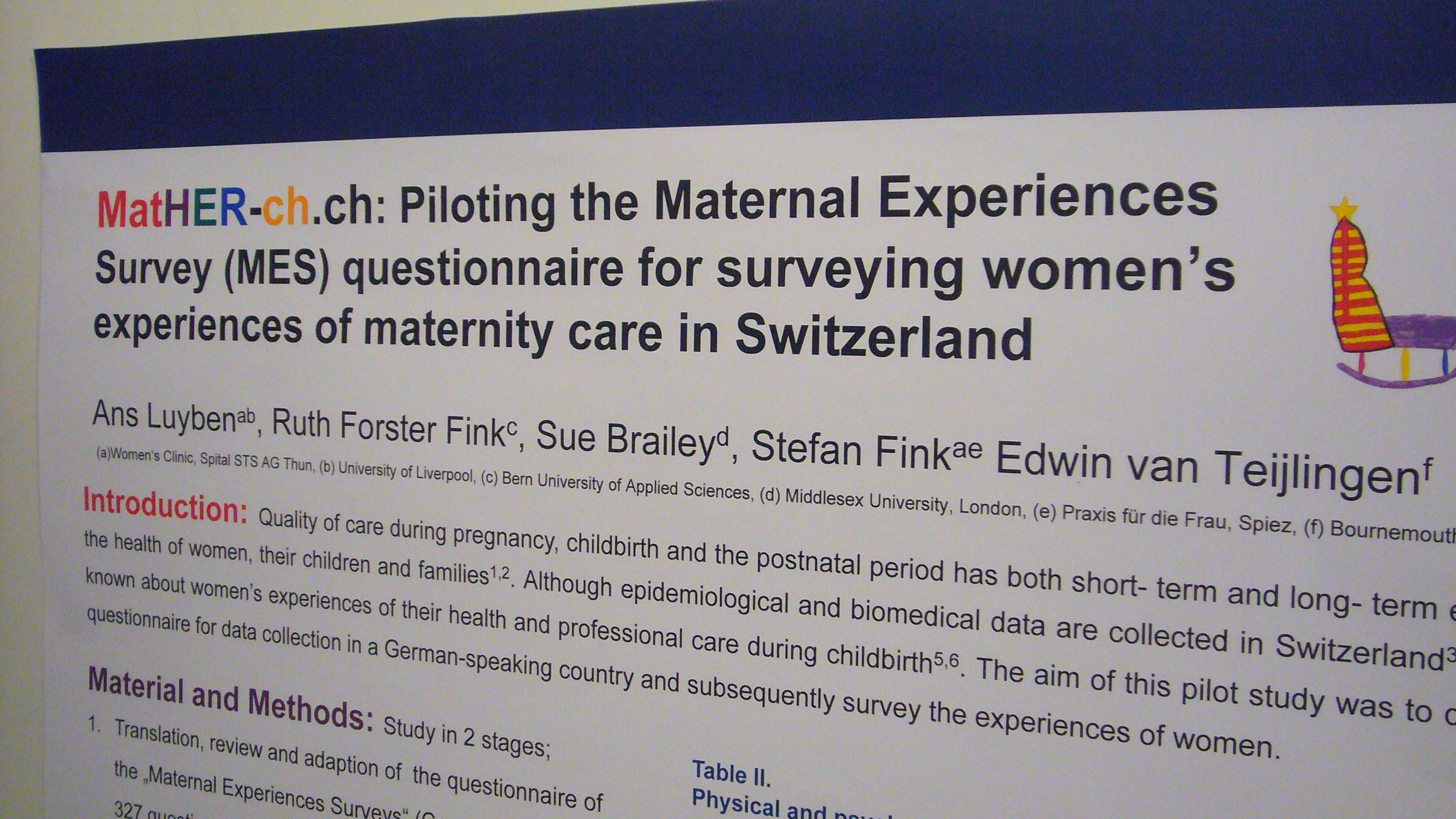
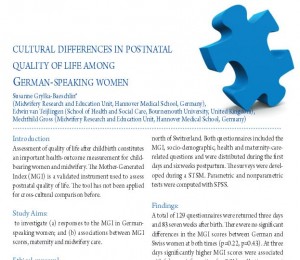

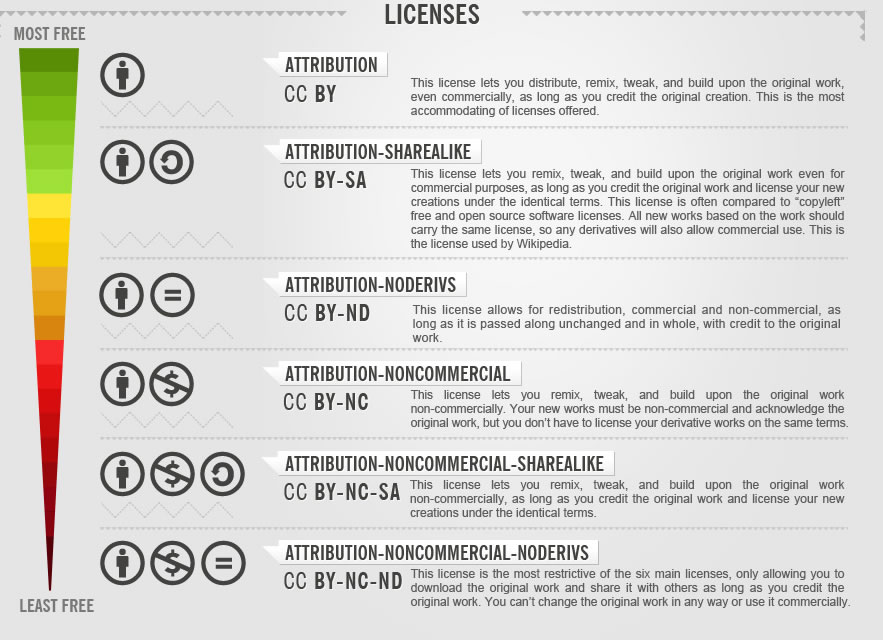


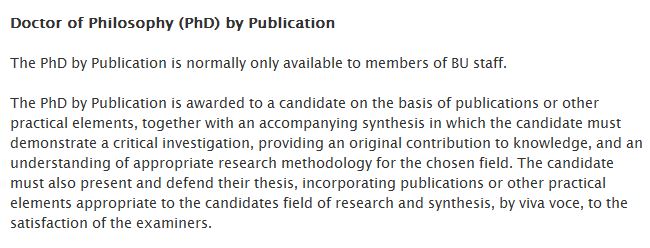


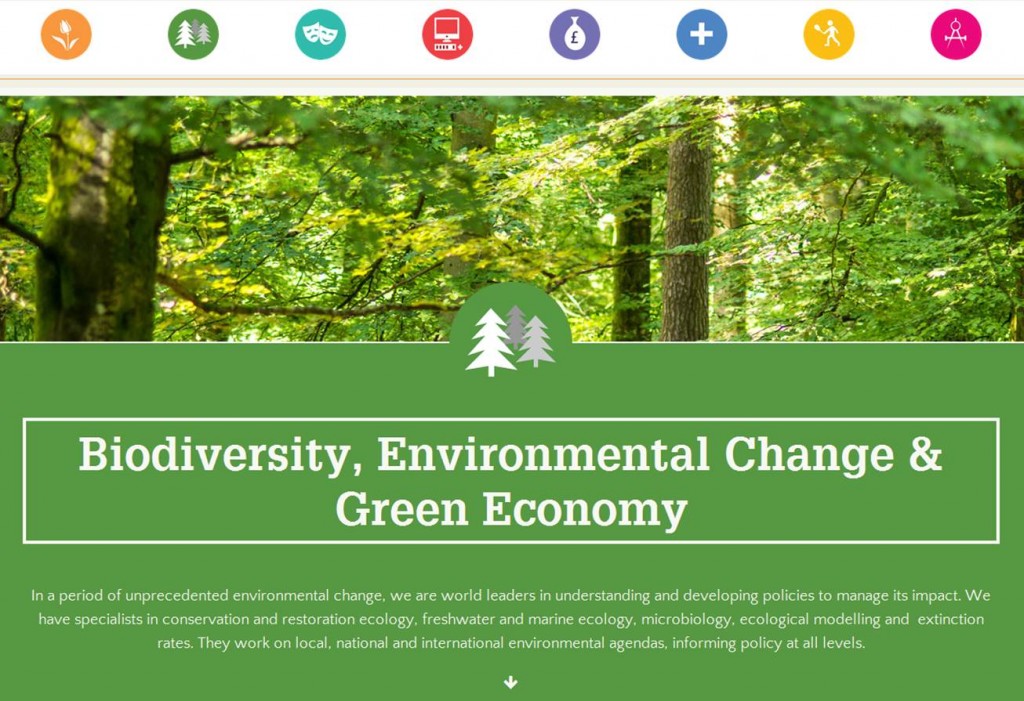
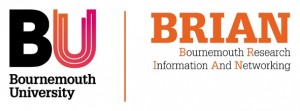



















 Beyond Academia: Exploring Career Options for Early Career Researchers – Online Workshop
Beyond Academia: Exploring Career Options for Early Career Researchers – Online Workshop UKCGE Recognised Research Supervision Programme: Deadline Approaching
UKCGE Recognised Research Supervision Programme: Deadline Approaching SPROUT: From Sustainable Research to Sustainable Research Lives
SPROUT: From Sustainable Research to Sustainable Research Lives BRIAN upgrade and new look
BRIAN upgrade and new look Seeing the fruits of your labour in Bangladesh
Seeing the fruits of your labour in Bangladesh ECR Funding Open Call: Research Culture & Community Grant – Apply now
ECR Funding Open Call: Research Culture & Community Grant – Apply now ECR Funding Open Call: Research Culture & Community Grant – Application Deadline Friday 12 December
ECR Funding Open Call: Research Culture & Community Grant – Application Deadline Friday 12 December MSCA Postdoctoral Fellowships 2025 Call
MSCA Postdoctoral Fellowships 2025 Call ERC Advanced Grant 2025 Webinar
ERC Advanced Grant 2025 Webinar Update on UKRO services
Update on UKRO services European research project exploring use of ‘virtual twins’ to better manage metabolic associated fatty liver disease
European research project exploring use of ‘virtual twins’ to better manage metabolic associated fatty liver disease